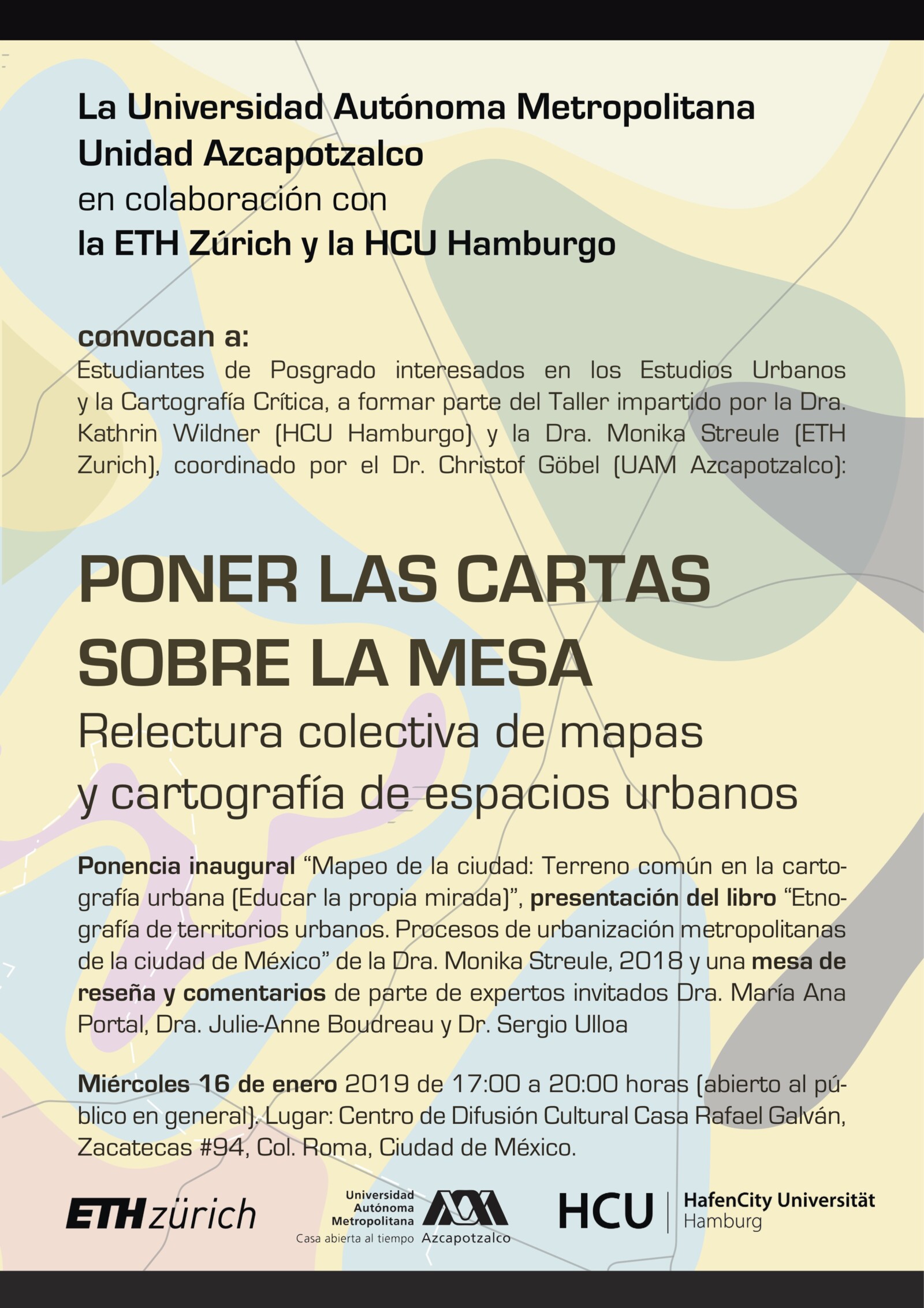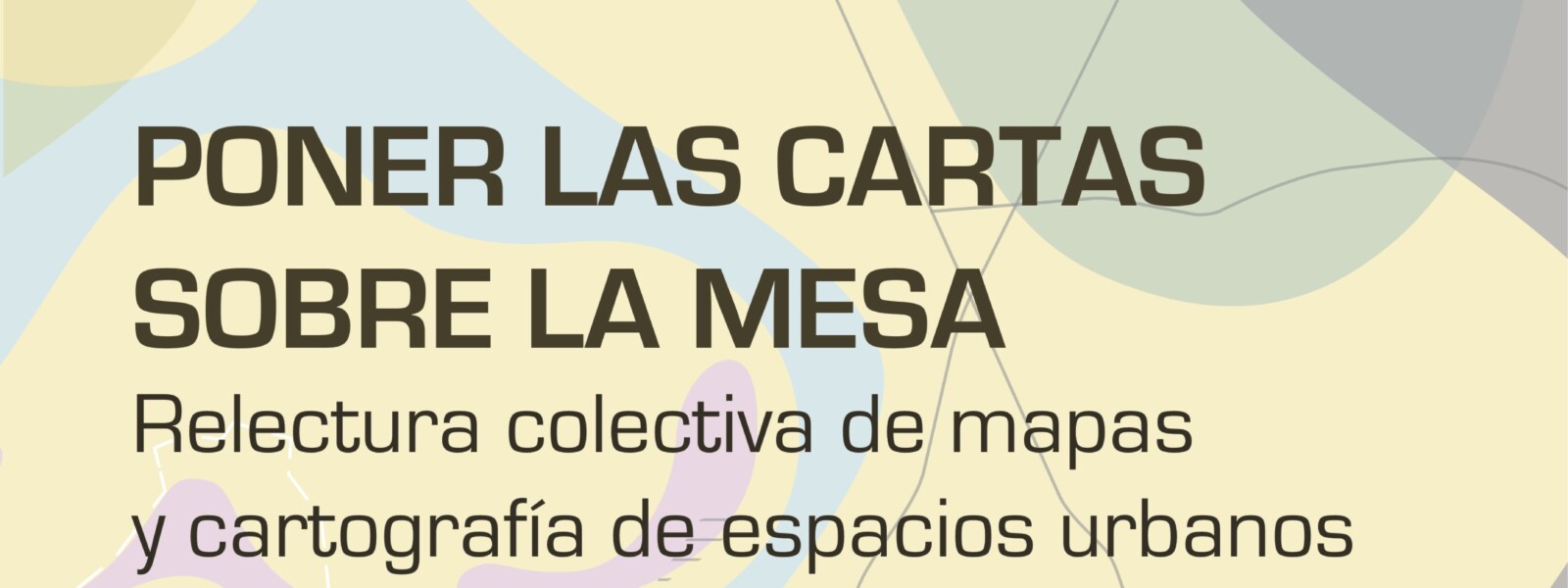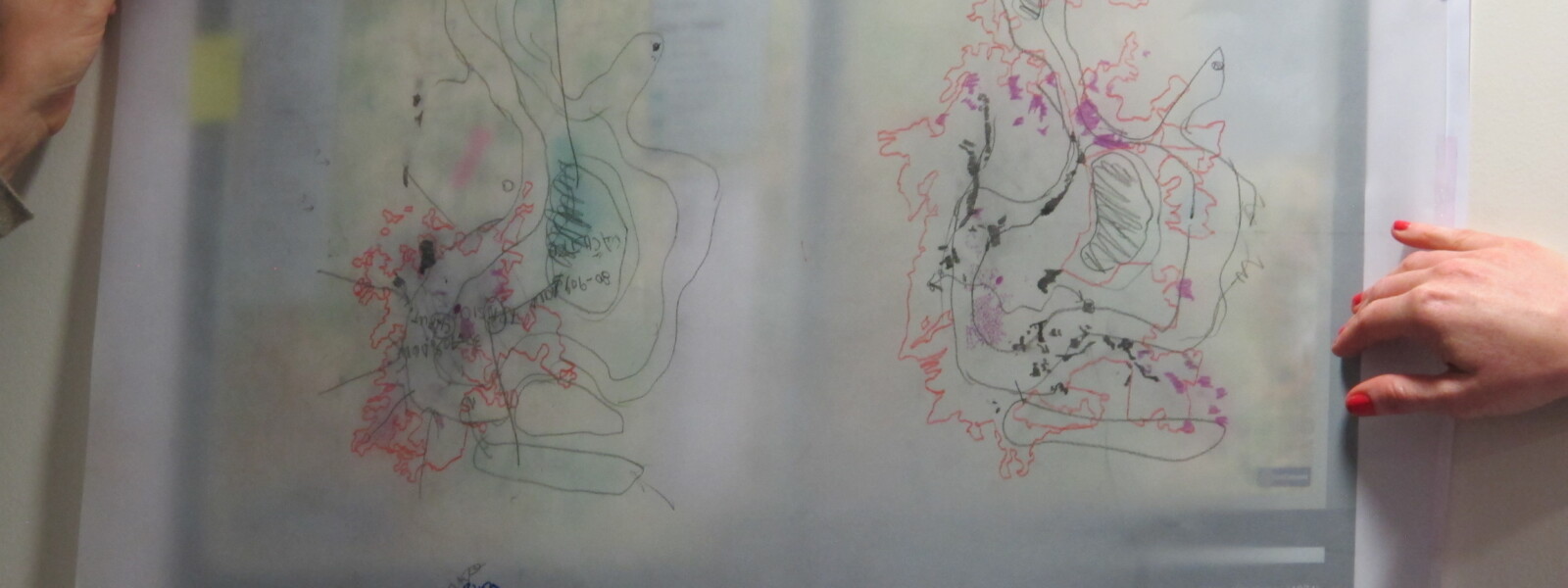
Mapping is an ever-present tool for transdisciplinary and critical urban research, which is met with interest not only in the social sciences, but also in the framework of artistic and/or activist research projects. Mexico City with its dense fabric, social heterogeneity, and simultaneous existing and traceable multi-layered historical references, i.e. colonialities and modernities, offers a paradigmatic research field to further develop much needed novel mapping tools in current urban studies. When confronted with such complex urbanization processes and diverse social realities existing side-by-side, maps are particularly appropriate as an experimental method for visualizing qualitative data and translating it into spatial representations. It is through this process of translation and mapping that knowledge is generated. Unlike text, maps can address complex contexts by representing theses that can be visually ‘read’ at the first glance. Mapping is therefore particularly suited to conveying results of analyses – and to imagining different realities. Additionally, maps can draw attention to connections that only become visible once they are visualized topographically. Not least, this spatialization of knowledge makes it possible to develop a different understanding of urbanity within and beyond the specificity of the Mexican Megalopolis, and to consider another possible urban future.
The invited mapping projects that will be introduced and discussed demonstrate, through concrete urban case studies, just how diverse and innovative mapping methods can be. This is particularly the case when applied in both today’s urban research and daily political praxis. The aim of the workshop is to extract and convey such methods. In doing so, the communication of methodical knowledge will play a central role. Working with the example of concrete mappings, we will practice a collaborative and dialogical process, questioning and further developing methods of urban research. While making public and developing mapping processes collaboratively – working via the suggested process of re-reading maps – we will put mapping to use, addressing urgent questions currently relevant to Mexico City, such as divers processes of massive urban reinvestment, gendered violence against women*, or the Mexican everyday reality of threating earthquakes and floods. In this sense, the workshop should contribute a collective and participatory process of knowledge-production, opening scope for action through urban interventions.
Co-chair and convener of the seminar and workshop (with Kathrin Wildner, HafenCity University, and Christof Göbel, Universidad Autónoma Metropolitana – Azcapotzalco, Mexico City, January 14–19, 2019

